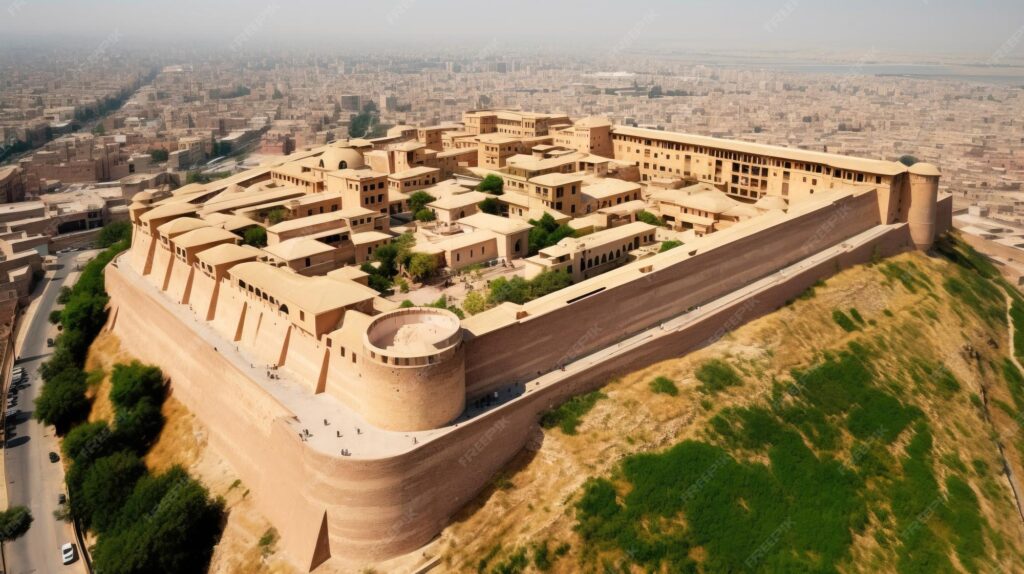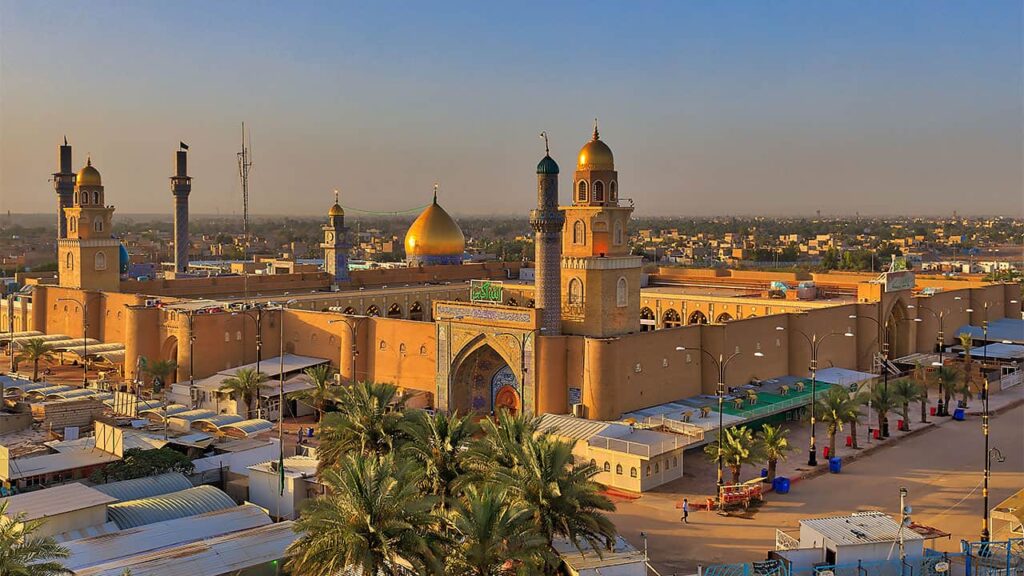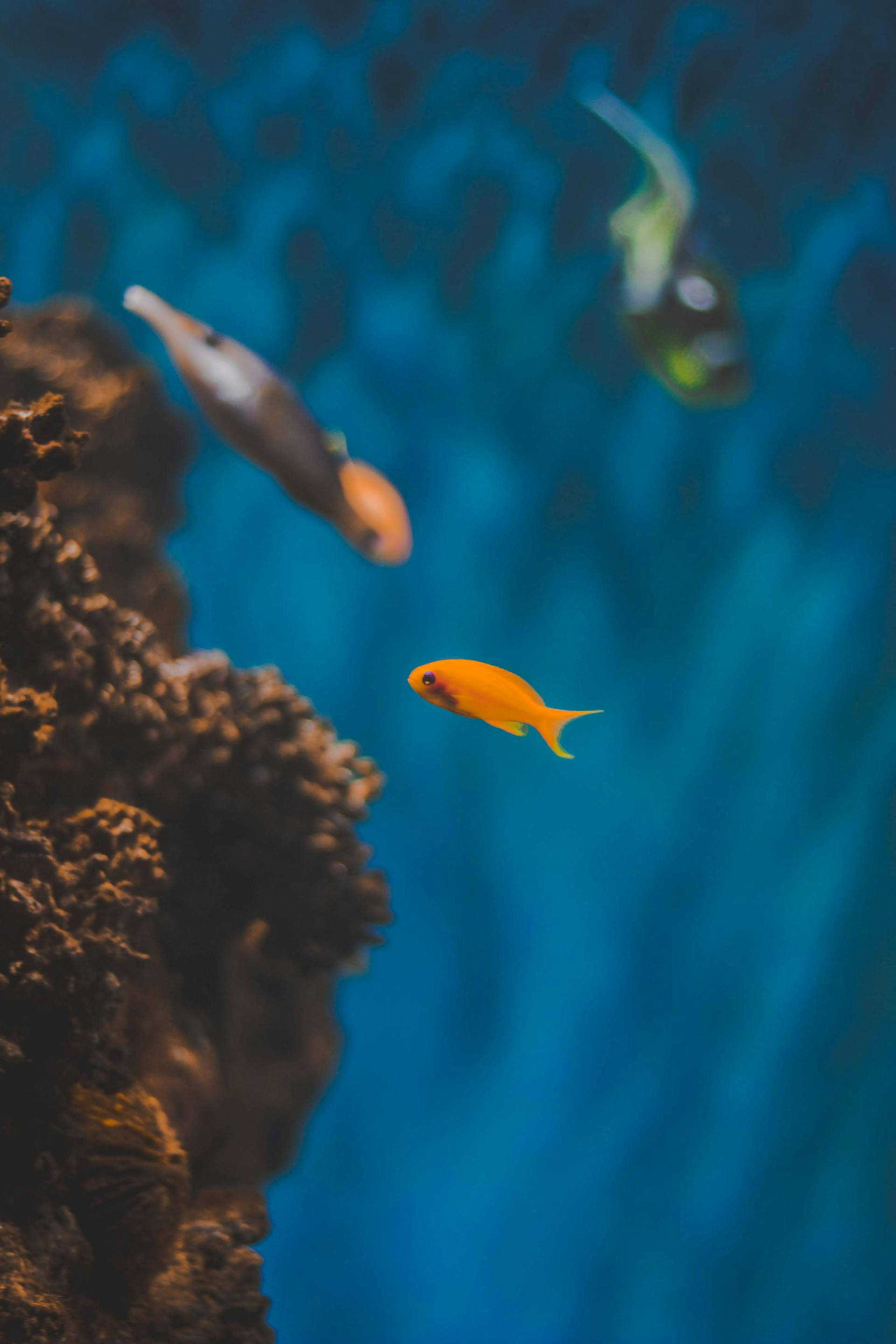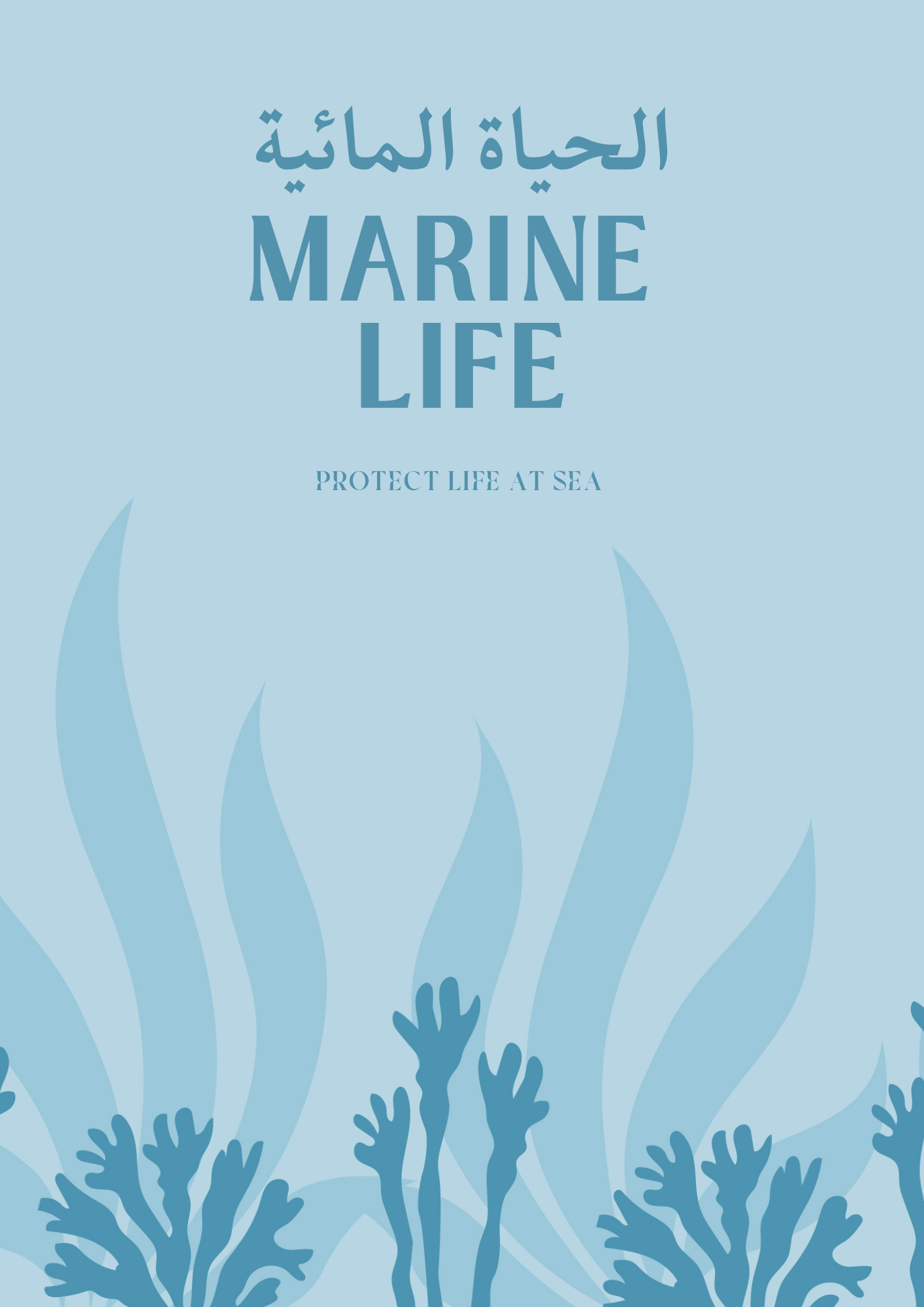Iraq: Where Civilizations Were Born
Cradled between the Tigris and Euphrates rivers, Iraq is a land where the roots of human history run deep. Known as Mesopotamia—the “land between two rivers”—it is the birthplace of writing, cities, and some of the earliest empires. Today, Iraq is a country of remarkable contrasts: bustling cities alongside ancient ruins, sacred shrines next to vibrant bazaars, and fertile river valleys stretching into timeless desert landscapes. It is a nation that embodies both resilience and timeless cultural wealth.
A Tapestry of Cities: From Baghdad to Erbil
Iraq’s capital, Baghdad, once the glittering center of the Abbasid Caliphate, remains a city of intellectual and cultural heritage. Though modern challenges have reshaped it, the echoes of its golden age as a hub of scholars, poets, and scientists can still be felt. Walking along the Tigris, visitors encounter a city where historic mosques and bustling markets coexist with lively cafés and bookstalls.
Further north lies Erbil, the capital of the Kurdistan Region, crowned by the Erbil Citadel, a UNESCO World Heritage Site considered one of the oldest continuously inhabited settlements on earth. Its winding alleys, traditional bazaars, and cultural museums reveal a living history that stretches back millennia.

The Desert and the Rivers: Landscapes of Contrast
Iraq’s geography is as varied as its history. The Mesopotamian Marshes in the south, once drained but now being revived, are a rare ecosystem often referred to as the “Garden of Eden.” Here, visitors can ride in slender wooden boats through reeds, discovering a unique way of life among the Marsh Arabs.
In stark contrast, the western deserts open into vast horizons of golden dunes, dotted with ancient caravan routes and Bedouin camps. Along the fertile river valleys, date palms sway, providing one of Iraq’s most iconic exports.
A Culinary Legacy
Iraqi cuisine is rich, hearty, and deeply tied to its agricultural abundance. Some must-try dishes include:
- Masgouf: Iraq’s signature dish, a whole grilled freshwater fish seasoned with tamarind and spices, cooked over open flames by the riverside.
- Dolma: Grape leaves, onions, and peppers stuffed with rice, herbs, and spiced meats.
- Kleicha: Traditional date-filled cookies often enjoyed during festivals.
- Samoon Bread: Diamond-shaped Iraqi bread, best enjoyed fresh from a tandoor oven.
Iraq Today: Resilience and Renewal

While Iraq has faced decades of hardship, it is also a country of resilience and rebirth. Efforts to preserve and restore its cultural heritage are gaining momentum, from the revival of the Marshlands to the reopening of historic museums. The Kurdish north, with its growing tourism industry, offers mountain escapes, cultural festivals, and welcoming hospitality.
Iraq is not only the land of the past—it is a nation with a vision for the future, seeking to balance modernization with preservation. For travelers, it offers a rare journey: a chance to walk in the footsteps of the world’s first civilizations while witnessing a living culture shaped by endurance, hospitality, and pride.
Iraq is more than a destination; it is a storybook of humanity’s beginnings, a crossroads of faith and culture, and a land whose people continue to inspire with their strength and warmth.


